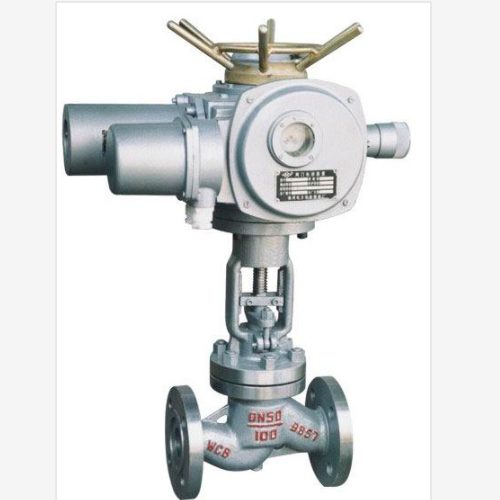blind valve
Understanding Blind Valves Essential Components in Fluid Systems
In the realm of fluid mechanics and systems engineering, valves play an indispensable role in controlling the flow of liquids and gases. Among the myriad of valves available, blind valves hold a unique position due to their simplicity and efficacy. This article delves into what blind valves are, their applications, advantages, and considerations for use in various industries.
What is a Blind Valve?
A blind valve, also known as a blank flange or blind shutoff valve, is a type of valve that is used in pipelines to block off fluid flow. Unlike other valves, such as gate or ball valves, a blind valve does not have an opening through which the medium can flow. Essentially, it is a solid disc that is inserted into a pipe, effectively sealing the flow path. This can be crucial in maintenance procedures, system testing, or when sections of a pipeline need to be isolated without disrupting the overall system.
Applications of Blind Valves
Blind valves are commonly utilized in various industries such as oil and gas, chemical processing, water treatment, and power generation. A few key applications include
1. Isolation Blind valves are often employed to isolate sections of a pipeline for maintenance or emergency purposes. By sealing off flow, technicians can safely work on equipment without the risk of fluid leakage.
2. Testing and Inspection In situations where a system needs to be tested for leaks or pressure, blind valves provide a tight seal, allowing for accurate testing results without interference from the fluid flow.
3. Flow Direction Control In some systems, blind valves can be used to temporarily block flow in order to redirect it elsewhere. This can be particularly useful during system modifications or repairs.
4. Safety Measures By ensuring that certain segments of a system remain pressurized or depressurized as needed, blind valves enhance overall system safety, preventing accidental releases or hazardous situations.
Advantages of Blind Valves
Blind valves come with several distinct advantages that make them a favored choice in many applications
blind valve

1. Simplicity The design of blind valves is straightforward, which means they are easy to install and remove. This can significantly reduce downtime during maintenance or repairs.
2. Cost-Effectiveness Due to their simple structure and minimal moving parts, blind valves tend to be less expensive compared to other valve types, making them a cost-effective solution for many industrial applications.
3. Reliability Blind valves provide a robust sealing mechanism, which minimizes the risk of leaks. This reliability can be critical in maintaining system integrity and safety.
4. Versatility They can be used in various sizes and pressure ratings, making them adaptable to different systems and applications.
Considerations When Using Blind Valves
While blind valves offer significant benefits, several factors must be taken into account when deciding to implement them in a system
1. Pressure Ratings Ensure that the blind valve is suitable for the pressure conditions it will encounter. Using a valve rated for lower pressures in a high-pressure system can lead to catastrophic failures.
2. Material Selection The materials used for blind valves must be compatible with the fluids they will encounter to prevent corrosion and extend the valve's lifespan.
3. Installation Requirements Proper installation is key to ensuring that a blind valve functions effectively. This includes ensuring the valve is secured tightly to avoid leaks and that it is installed in the correct orientation within the pipeline.
4. Operational Considerations It’s important to understand that blind valves, once installed, do not allow for flow. This necessitates careful planning in systems where periodic flow might be needed.
Conclusion
Blind valves are essential components in many fluid systems, providing critical functions like isolation and safety. Their simplicity, cost-effectiveness, and reliability make them a popular choice across various industries. As with any engineering component, proper consideration of their characteristics and appropriate application is vital to ensure optimal performance and safety. Understanding the unique role of blind valves contributes to better design and operation in fluid management systems, highlighting their importance in modern industrial applications.
-
Why Choose a Brass Gate Valve for Superior Performance and DurabilityNewsMay.09,2025
-
Reliable Flow Control Begins with a High-Performance Flange Butterfly ValveNewsMay.09,2025
-
Reliable and Rugged: Why the Lug Type Butterfly Valve Is Dominating the MarketNewsMay.09,2025
-
Manual Gate Valve: A Comprehensive Look at Performance, Durability, and DesignNewsMay.09,2025
-
Engineered for Precision: Why the Stainless Ball Valve Sets a New StandardNewsMay.09,2025
-
Ductile Iron Valve: The Perfect Solution for Reliable Flow ControlNewsMay.09,2025
-
Compact Powerhouse: Why the Wafer Type Butterfly Valve Is an Industry FavoriteNewsMay.09,2025




